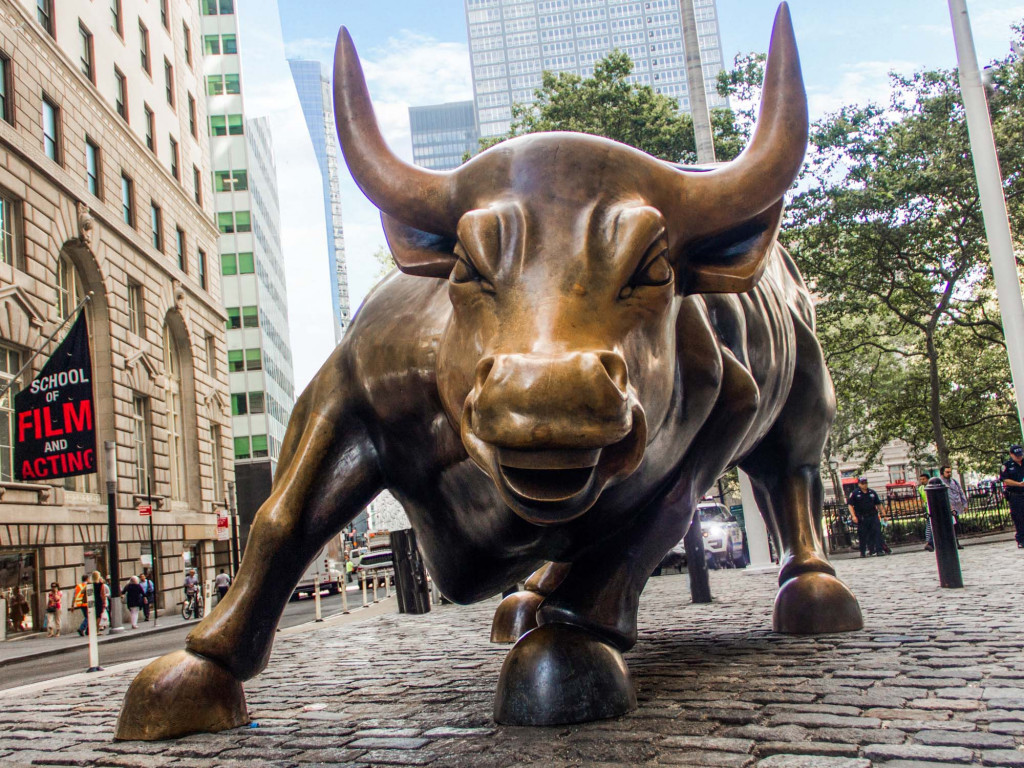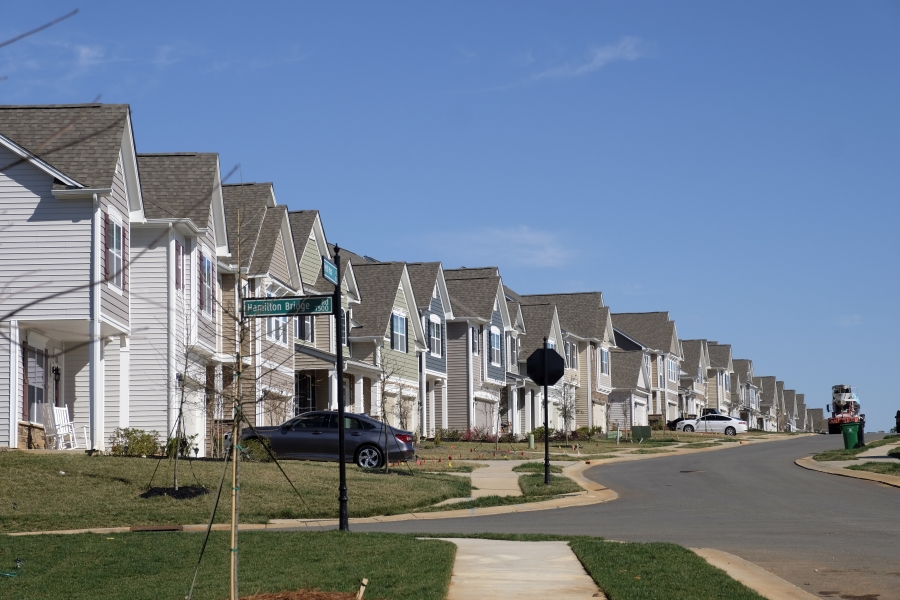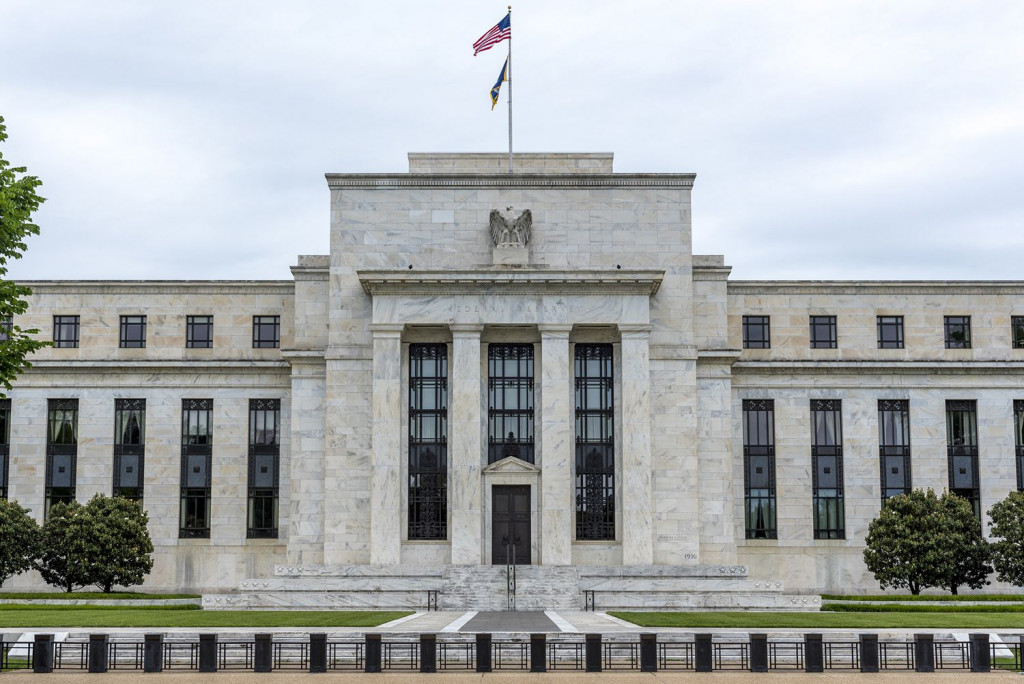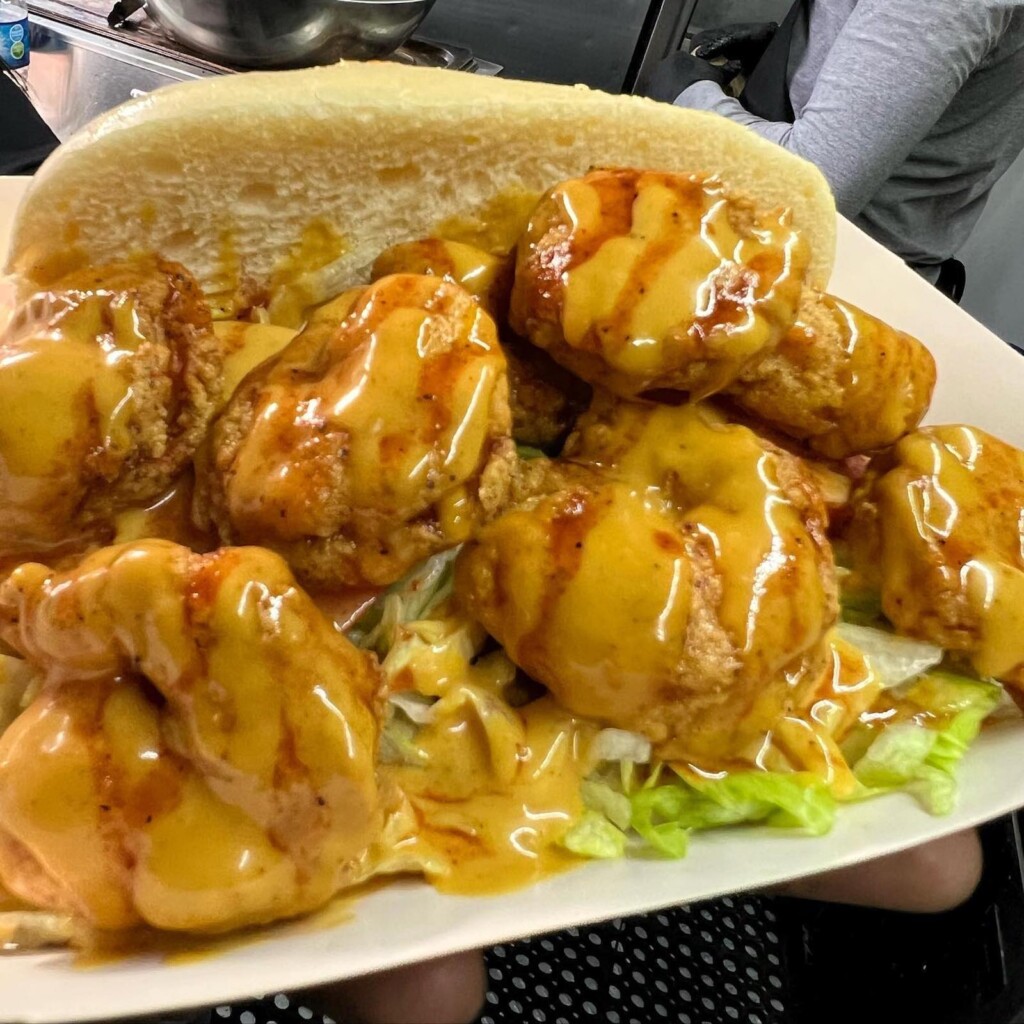 The largest institutional investors and wealthiest Americans want to buy your home. Is this a nefarious plot to create a neo-feudal corporate empire for the elite?
The largest institutional investors and wealthiest Americans want to buy your home. Is this a nefarious plot to create a neo-feudal corporate empire for the elite?
BlackRock manages $9 trillion in assets for pension funds and ETFs.
Institutional investors manage $30 trillion (50% larger than the U.S. GDP).
These firms essentially own Wall Street. Don’t believe me. Let’s examine their holdings:
10 Largest Investment Management Companies
- BlackRock. AUM: $7.318 trillion. …
- The Vanguard Group. AUM: $6.1 trillion. …
- UBS Group. AUM: $3.518 trillion. …
- Fidelity. AUM: $3.319 trillion. …
- State Street Global Advisors. AUM: $3.054 trillion. …
- Allianz. AUM: $2.530 trillion. …
- JPMorgan Chase. AUM: $2.511 trillion. …
- Goldman Sachs.
According to this OECD report, Institutional investors hold 41% of the entire market capitalization of global markets. Why does this matter? (Source: https://www.oecd.org/corporate/Owners-of-the-Worlds-Listed-Companies.pdf)
Because they have the influence, money, and capital to completely control our markets, to write our laws and to essentially own our politicians. Why does this matter to you?
Because the bigger these behemoths become, the less power you have as an individual consumer or small business owner. Small businesses make up half of the GDP in the United States, and the market cap and profitability of small businesses compared to giant corporations in the United States is shrinking, according to Harvard Business Review. They make up more than half of all jobs, yet small businesses have very little influence or power over how our laws are made and the political leaders who make our laws?
Why? Because institutional investors donate millions to our political leaders. Small businesses donate little or nothing to political leaders. The only thing that our political leaders pay attention to is how they are getting reelected. And the massive corporations want to own our political leaders so they can fall into a new category of business called “too big to fail.”
What “Too Big to Fail” status means:
- The mote around their profits and revenue streams is protected by the federal government against competition.
- Any business that might come and jeopardize their profits will be regulated out of existence.
- The free market begins to become a mirage as small businesses have no chance of competing.
- It becomes increasingly impossible to join the group of the too big to fail organizations as they use our politicians as puppets to protect themselves.
$30 trillion is managed by large financial institutions or “Institutional Investors.”
What does this mean for small businesses?
The government and corporations are working together to systematically remove businesses that could compete against the “too big to fail” from the marketplace. The Federal Government under the auspices of the Federal Reserve has deemed that GM, Ford, and Chrysler were too big to fail in 2008. During the Pandemic, they have essentially determined that every major U.S. corporation on the Nasdaq and S&P 500 are also too large to fail. The Fed has pumped money into “toxic assets” of the businesses that nobody wanted to buy when the pandemic hit. The Fed partnered with BlackRock investments to [[[[[create investment vehicles??]] to eliminate this toxic dept (aka junk bonds), that investors didn’t want to purchase. This allowed corporations to keep investors happy so that there wasn’t a way in which smaller corporations failed, which could have lead to a domino effect and a massive sell-off.
What We Can Do As Consumers to Reverse These Trends?
More than ever right now we need to go out of our way to buy local and buy small. We need to try to examine our food budgets and find ways to support local farmers, local restaurants and the local economy. When we see Walmart getting tax abatements by our municipal governments (as they do all of the time). When we see Amazon receiving massive amounts of corporate welfare because our local leaders are happy to give that to them for the jobs they provide — we need to call them out on this. We are witnessing our economies become less decentralized. We are witnessing big corporate power getting more in bed with our political leaders and we need to stop supporting this.

What Does This Mean For Potential Homeowners?
If 25% of all homes bought in your market are purchased by large financial companies then certainly this will have a deleterious impact on housing costs and supply. This will drive prices up and as more neighborhoods are managed by corporations, we will see fewer tenants who want to do the improvements and upkeep that we have traditionally seen. Luckily, Utah is lower than the national average: 15% of all home purchases are made by investors, but this figure doesn’t track individual investors, which in Utah’s market is significant.
Other Examples:
BlackRock is the largest institutional investment company in the United States. They manage mutual funds and pensions totaling $9 trillion. When corporate bonds prices were tanking back in March 2020, BlackRock worked with the fed to find a way to prop up the corporate bond market so that we didn’t see a collapse of the economy. Their solution? To have the Fed start buying shares of BlackRock. The Federal Reserve Bank, the independent entity that is in charge of printing our money supply and ensuring our money is secure, is now the owner of a huge amount of shares of BlacRock.
What does this Mean to the value of our currency?
The value of our money is essentially backed by the value of the biggest and largest corporations in the United States. Is this good or bad? Well if you believe “too big to fail” status is a good thing; that airlines, that giant tech companies; that giant automotive companies shouldn’t ever be allowed to go out of business, then it’s a good thing.
But, on the other hand, if you believe that our Federal Government has an increasingly cozy relationship with giant corporations is a bad thing; or if you believe that our federal government (via the Fed)—shouldn’t be owning giant corporations –then this is a really bad thing. Because there is a name for governments owning parts of giant corporations, where these giant corporations are also controlling interest in writing government policy, this is by definition an oligarchy or plutocracy. This is by basic definition not a free-market democracy. China practices something similar to this model. Honestly, in examining the upper echelon of what is happening with our monetary policy, I’m not sure I’m qualified to offer a proper examination. But it’s troubling because it’s unprecedented before 2007.
If you remember, in 2007 when our housing market was collapsing, Hank Paulson was the Treasury Secretary. He was the former CEO of Goldman Sachs. And essentially he and Goldman Sachs wrote the bailout plan for the U.S. Government to prevent the complete collapse of our financial markets. They bailed out AIG, Lehman Brothers, Bear Sterns as well as automakers GM, Ford and Chevrolet. They worked directly with the government to figure out how to prevent a collapse of the giant financial institutions who had allowed too many subprime mortgages. Why did they bail out the automakers?
In March 2020 BlackRock’s CEO Lary Fink was the chief author of the bailout plan when our economy began to collapse in March 2020. Big oligarchs are controlling our monetary policy in the United States via the Treasury Department and the Fed.
Where will this Lead? More Centralized Power or Decentralization?
There will be a day of reckoning. If decentralization wins, then we will live in a world where we spend money using our favorite blockchain. We will make blockchain loans based on the equity we have in all of our major assets. If de-centralization wins, the large financial markets will lose the ability to pick winners and losers (via the Fed and Government). The question is will we move to decentralization of our money, currency, financial systems and government or will corporate power centralize with bureaucratic power to prevent this from happening? There is talk of a “great reset” where “you will own nothing and be happy.” This is what the large financial institutions and elites would like to see happen. A massive confiscation of wealth and property. A neo-feudalistic society where we are all renters. Where we all indeed own nothing, but we live in a world similar to Aldus Huxley’s depiction in A Brave New World.
We need to eliminate the distraction that this is a battle of Right vs. Left. Conservative politics vs. Liberal ideals. Certainly, there are differences in political parties and their agendas. But the real battle is whether power, currency, government and equity become more centralized or decentralized.
What Can You Do?
If you prefer the notion of owning equity in the home where you live; If you prefer the idea of building wealth independently and not relying on major institutions funding your retirement and your well-being; If you prefer freedom to tyranny, then the best way we can prevent the centralization of power by the elite is to choose purchases that economically decentralize our economy. These are the best choices we have as consumers. We need to stop funding the power elite revenue streams to the levels where they currently are at. Today they are able to essentially own all of our politicians. When we buy from the elite, we make them richer and stronger, when we choose instead to buy from local producers and smaller competitors, we give them power and energy. When we choose to buy local goods we are helping to maintain local sovereignty.
Shifting our spending to both local producers and local shops ensures that our local communities continue to live outside of Wall Street investors and investment banker’s control.
Subscribe to Utah Stories weekly newsletter and get our stories directly to your inbox







